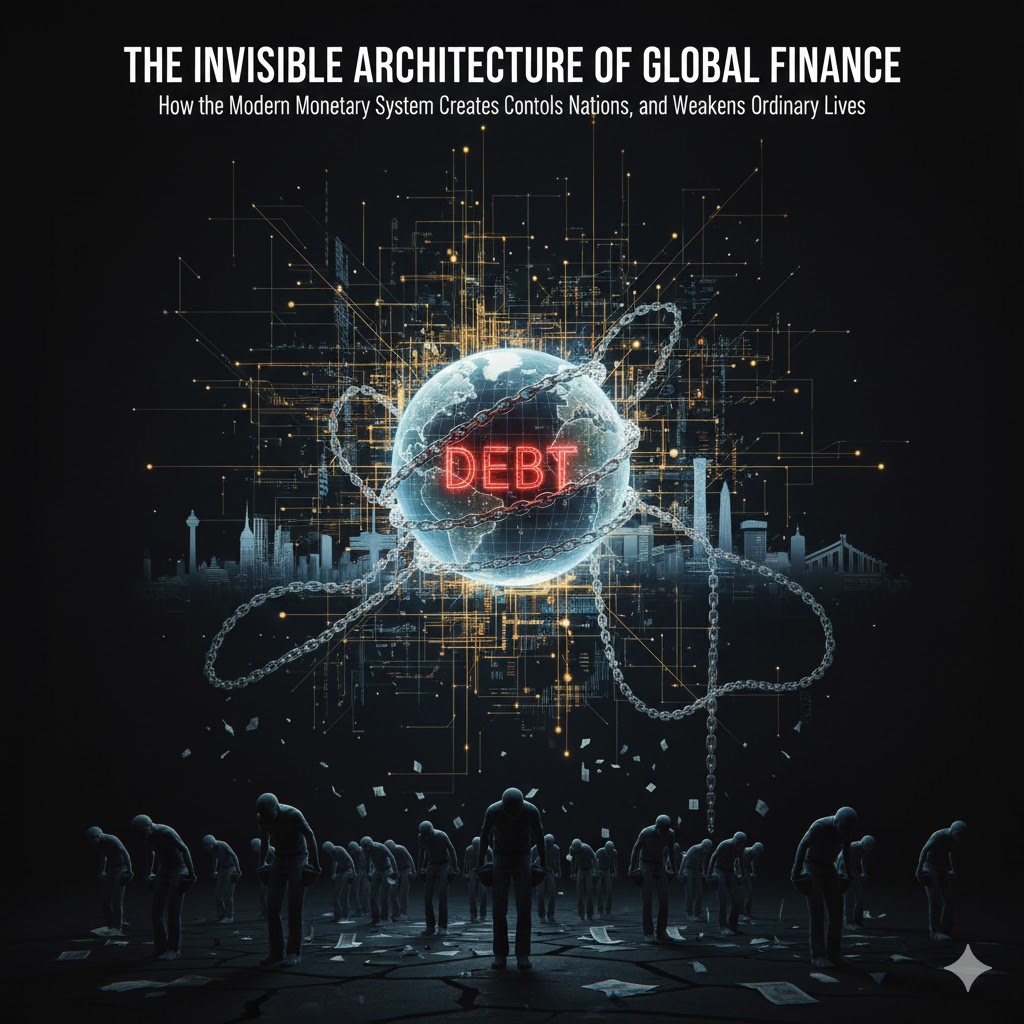In a significant move impacting digital entertainment consumers, Pakistani banks have started imposing a new tax on Netflix subscription fees. This development has stirred discussions among users and financial analysts alike, as it signals a broader trend of increasing regulatory scrutiny and fiscal measures on digital services in the country. This article delves into the specifics of this new tax, its implications for consumers, the rationale behind it, and the potential long-term effects on the digital entertainment industry in Pakistan.
Introduction to the New Tax
Recently, major banks in Pakistan have implemented a tax on Netflix subscriptions. This tax, which is an addition to the existing subscription fee, aims to increase government revenue from the burgeoning digital economy. Subscribers have reported receiving notifications from their banks about this new charge, which is being applied to their monthly Netflix payments.
The Rationale Behind the Tax
The imposition of this tax can be attributed to several factors:
- Revenue Generation: Pakistan, like many other developing countries, is seeking new avenues to boost its fiscal revenue. The digital economy, which has seen exponential growth, presents a lucrative opportunity for the government to tap into.
- Regulatory Compliance: This move is also part of broader regulatory measures to bring international digital services under the tax net. By ensuring that companies like Netflix contribute to the local economy, the government aims to create a level playing field for local and international players.
- Economic Context: The Pakistani economy has faced challenges in recent years, including a significant fiscal deficit. Introducing new taxes on digital services is a strategic measure to address these economic challenges.
Impact on Consumers
The immediate impact of this new tax is felt directly by consumers. Here are the key aspects of this impact:
- Increased Costs: Subscribers to Netflix in Pakistan will now have to pay more than their usual subscription fee. This increase, though seemingly small, adds up over time and affects household budgets, especially for regular consumers of digital content.
- Consumer Sentiment: The imposition of the tax has led to mixed reactions. While some understand the necessity for such measures in the broader economic context, others are frustrated by the additional financial burden. This sentiment could influence consumer behavior, potentially leading to a decrease in the number of subscribers or a shift to other entertainment options.
- Digital Literacy and Awareness: This development also highlights the need for increased digital literacy and awareness among consumers regarding the various charges and taxes associated with digital services. Banks and service providers will need to ensure transparent communication to maintain consumer trust.
Long-Term Implications
The introduction of this tax has several long-term implications for the digital entertainment landscape in Pakistan:
- Market Dynamics: The increased cost of Netflix subscriptions could drive consumers towards other, potentially cheaper, digital entertainment options. This shift could alter the competitive dynamics of the market, encouraging local digital content providers to enhance their offerings and attract more users.
- Government Policy: This tax could set a precedent for further taxation on other digital services, including music streaming, online gaming, and e-learning platforms. The government’s approach to taxing the digital economy will be closely watched by stakeholders in various sectors.
- Investment in Digital Infrastructure: The additional revenue generated from this tax could be reinvested in improving the country’s digital infrastructure. Enhanced internet connectivity and access to digital services could, in turn, drive greater digital adoption and economic growth.
- Compliance and Enforcement: Ensuring compliance with the new tax regulations will be crucial. The government and financial institutions will need robust mechanisms to track and collect these taxes effectively, avoiding loopholes and ensuring fair enforcement.
Conclusion
The new tax on Netflix subscription fees imposed by Pakistani banks marks a significant development in the country’s approach to regulating and monetizing the digital economy. While it aims to boost government revenue and create a fair competitive environment, its immediate impact on consumers and the long-term implications for the digital entertainment industry are complex and multifaceted. As Pakistan navigates this new regulatory landscape, stakeholders will need to balance fiscal objectives with consumer interests and the broader goal of digital inclusion and growth.









